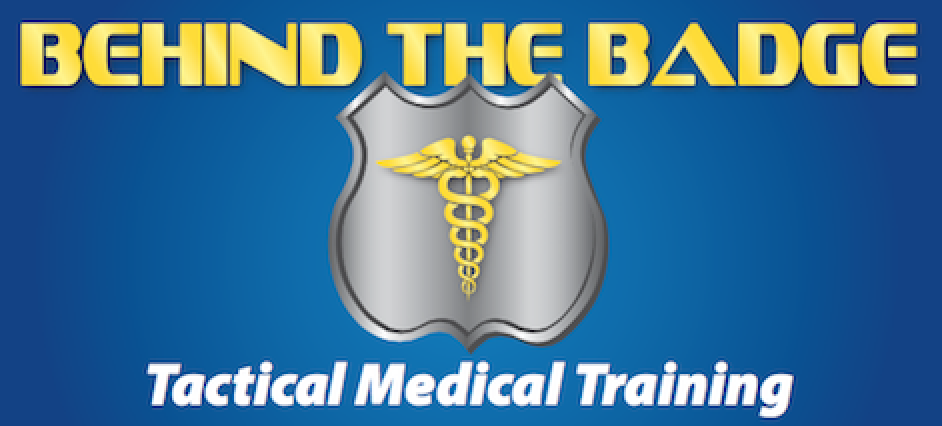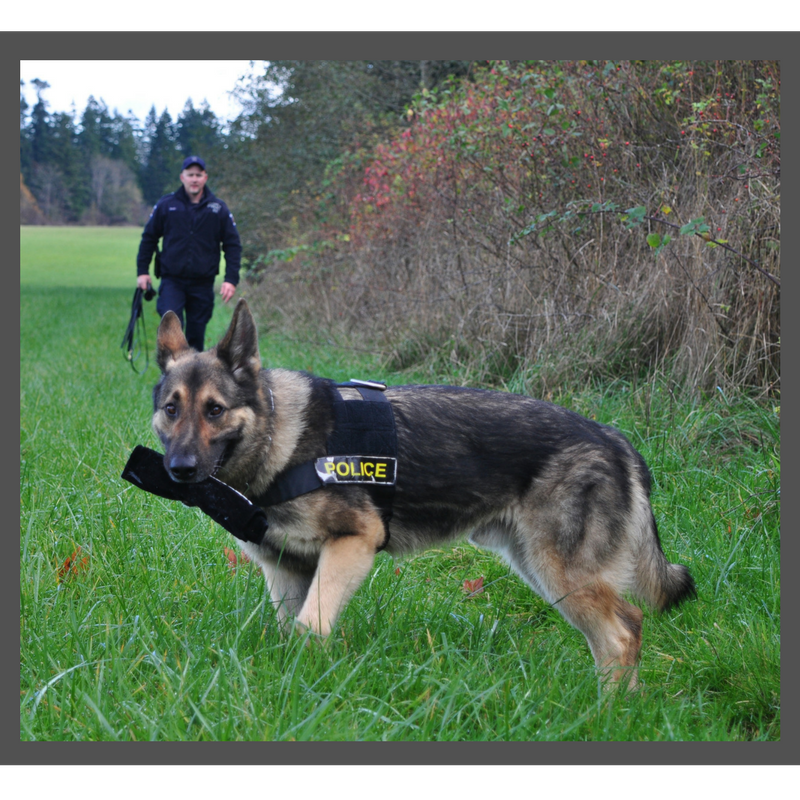I-33 Kit:
Tactical Combat Casualty Care was originally developed for Special Operations Forces in 1996 by US Navy Capt (Ret.) Frank Butler and Lt. Col. (Ret.) John Hagmann. A review and analysis of the literature and historical medical data from the Vietnam War, the Korean War and World War II, the sole goal of TCCC is to decrease preventable combat death at the point of wounding.
TCCC is derived through the military where strategies were studied based on historical wounding patterns in combat which appeared to also bear relevance to operators of tactical law enforcement. Consequently, recommended treatments were tourniquet application for bleeding extremity wounds, needle decompression for tension pnemothoraces, nasopharyngeal airway placement for airway obstructions and surgical cricothyrotomy for airway obstruction secondary to maxillofacial trauma.
Tactical Combat Casualty Care (TCCC) is the only standard of care dually endorsed by both the American College of Surgeons, and the National Association of EMT’s for casualty management in a tactical environment.
Tactical Medical Training for Police
Course exclusively designed for frontline law enforcement.
Demonstrate how to control deadly bleeding resulting from a gunshot injury or penetrating trauma instead of deadly bleeding while under fire.
6-8 hours of intense training focusing on possible scenarios that could take a life.
Introduction and application to the tools that could prevent loss of life.
Pre-requisites: minimum standard first aid or higher medical training preferred.
Course consists of anatomy, and physiology the tools and application to mitigate possible
deadly wounds.
Curriculum
Morning
0800-1000 Basic first aid review, anatomy, and predicted injuries
1200-1300 Lunch
1300-1600 Scenarios and application of new skills (CAT Tourniquet
and I/33-Kit)
Program has a 3 year 4 hour re-certification.
Instructors
Justin Whittaker Police officer and PCP paramedic.
Mike Kay Advanced Care Paramedic Instructor.
Medical Oversight
Dr. Glen Hamel, MD FRCSC
Dr. Tom Doran CEO Eastern Health

